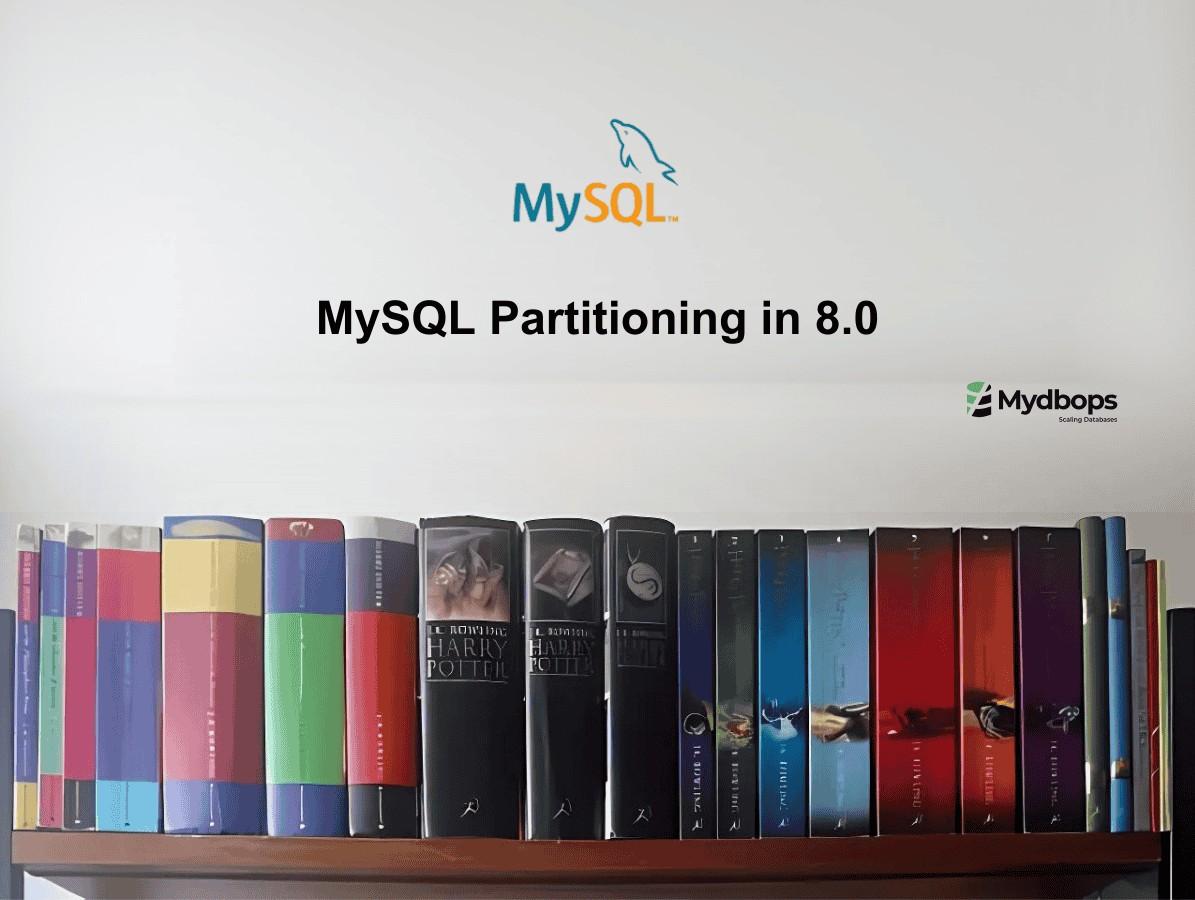MySQL partitioning is a powerful technique that improves query performance and manages large datasets efficiently by dividing tables into smaller, more manageable pieces. For database professionals, understanding partitioning is essential to optimizing data retrieval, indexing, and storage efficiency, especially in high-volume applications.
Partitioning in MySQL enables horizontal data distribution based on predefined rules, such as RANGE, LIST, HASH, and KEY partitioning. This technique enhances query execution speed, load balancing, and maintenance by allowing the database to scan only relevant partitions instead of entire tables. Common use cases include time-series data, log management, and large-scale transactional databases.
Despite its benefits, MySQL partitioning can introduce performance bottlenecks, inefficient indexing, and maintenance complexity if not implemented correctly. Our blogs provide best practices for partitioning strategies, query optimization, and troubleshooting techniques to help database administrators maximize efficiency.
Explore our expert insights on MySQL partitioning to improve database performance, reduce query latency, and manage large datasets efficiently. Stay ahead with MyDBOPS for advanced partitioning solutions and expert guidance.
